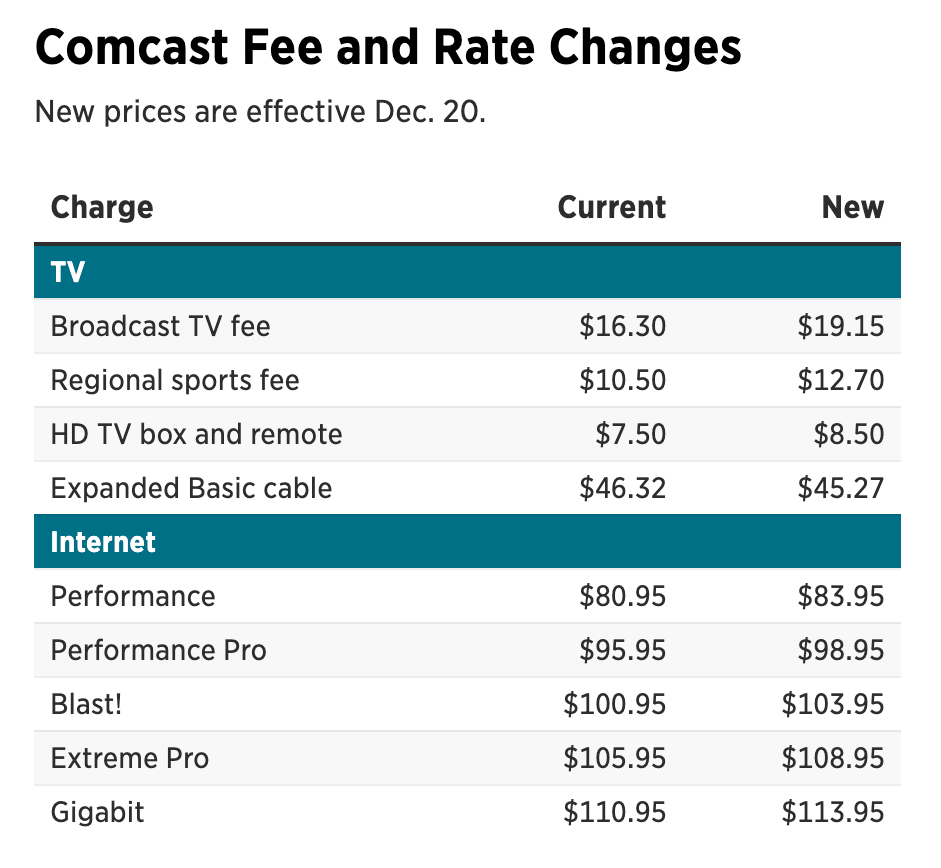Steering the Intricate Security Landscape of Virtual Computing in Multi-Unit Residences
Steering the Intricate Security Landscape of Virtual Computing in Multi-Unit Residences
Blog Article
Cloud technology has turned into an essential part of our daily lives, especially in multi-dwelling units like apartment buildings and condominiums. These environments often have many residents utilizing the same online connection and digital resources. While cloud computing offers many benefits, such as simple access to data and software, it also introduces unique safety challenges. Comprehending these challenges is vital for residents and property managers to guarantee that their information remains safe and secure.
One of the main concerns in shared units is the threat of unauthorized access to confidential information. When multiple users utilize the same connection, it can be simpler for cybercriminals to infiltrate the system. This is particularly true if the network is not adequately secured. Residents should be aware of the importance of using robust passwords and enabling two-factor verification whenever possible. Property managers can also assist by ensuring that the property's Wi-Fi connection is secured with coding and regularly updated security protocols.
Another significant issue is information privacy. In a shared environment, personal information can be more vulnerable to attacks. For instance, if one resident's device is hacked, it could potentially expose the data of fellow residents on the same network. To reduce this risk, residents should be cautious about the data they share online and be aware of the software they use. Additionally, building managers can implement policies that encourage safe online practices among residents, such as regular workshops on online security awareness.
Cloud service providers also have a vital role in maintaining security in multi-dwelling units. These companies are accountable for safeguarding the information stored in their systems. It is important for residents and building managers to choose reputable providers that emphasize security measures, such as information coding and regular security audits. By choosing reliable cloud services, users can reduce the threat of data breaches and guarantee that their data is managed with caution.
Finally, ongoing education about cloud safety is crucial for everyone involved. As tech evolves, so do the methods used by cybercriminals. Regular training sessions and updates on the latest safety practices can help residents and building managers stay informed. By fostering a culture of security awareness, shared units can create a safer digital space for all residents. In conclusion, while cloud computing offers many benefits, it is important to navigate its intricate safety landscape resource carefully to safeguard personal information and ensure a safe living environment.